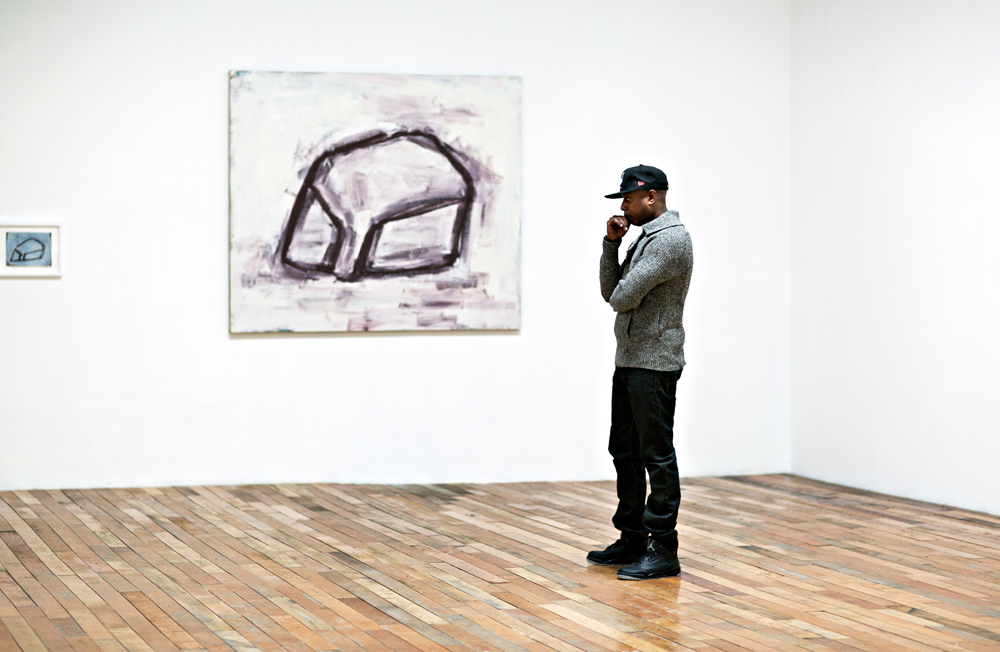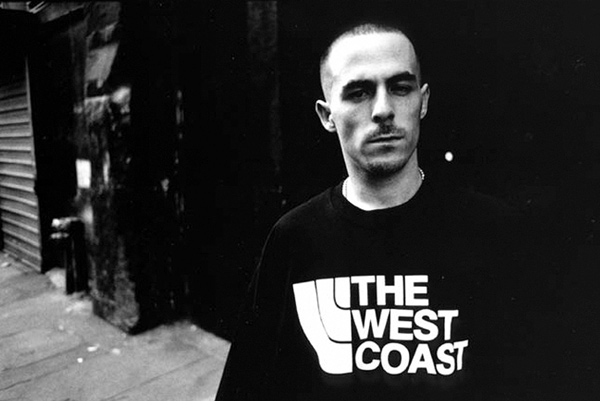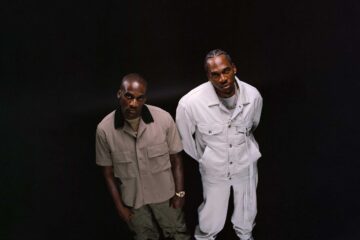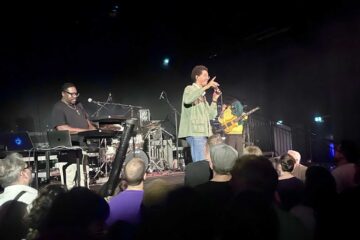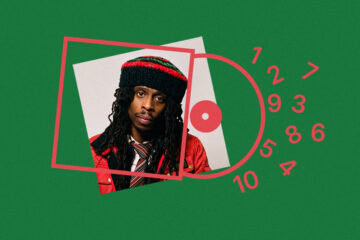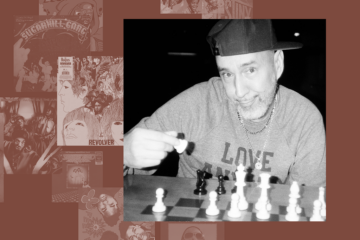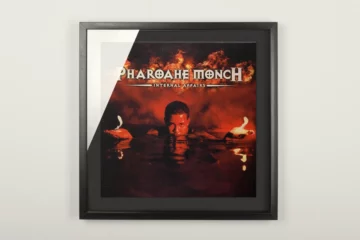After a good 20 years of creating his art, Talib Kweli stands for one of the most sought after socially engaged rappers in the business. The exceptionally gifted Brooklyn born rapper has been and still is continuously associated with conscious rap – that might sound like a desirable reputation to have yet the 37 year-old has come to realize that, to some extent, he feels trapped in these boundaries created by others. Talib Kweli braves to step out of his comfort zone with his new album »A Prisoner of Conscious«. Unusual collaborations, new vibes and perhaps an entirely new chapter in his career are the results of this artistic growth.
Do you consider yourself a prisoner of conscious?
Talib Kweli: I actually don’t consider myself a prisoner of conscious at all, I’m refering to people’s perception of me rather than how I see myself. Sure I consider myself a conscious rapper, but that’s not the end of what I do. I’ve done projects that are super conscious but I’ve also done projects that go way beyond that.
You never worked as long on an album as you have on this one. Were you more sophisticated with this LP?
Talib Kweli: Sure…I’ll go with that. Why not?
What is different this time?
Talib Kweli: I think it’s more personal than the previous albums. I mean, I’m pretty personal and pretty much an open book on all of my albums, but this one deals more with subject matters that are more personal, I guess.
»Sometimes music is just meant to make you feel. It´s just based on the emotion, it doesen’t have to have a lyric, it doesn’t have to be smart.«
Talib Kweli
You feel that people, by focussing on the content of your lyrics, listeners don’t fully appreciate the music itself and the entertainment value behind your music. Did you focus on your musicality this time at the expense of other key aspects?
Talib Kweli:* I consider myself a quality artist. Also, it is impossible for me to not have content in my music. But I think that it is important that people recognize what they like about me – they should recognize that they like the music as well.
In the Song »Before He Walked« you deal with this matter. In one of your lines you say: »Music is emotion that’s lost on the intellectuals…«
Talib Kweli: Just like any other group of people in the world, intellectuals love music and they discuss music and the content of it. Sometimes I think intellectuals can be dismissive towards music that doesnt have positive, clever or uplifting content. Sometimes music is just based on emotion. Sometimes music is just meant to make you feel. It's meant to make you feel anger or feel sad or feel happy. It´s just based on emotions, it doesent have to have lyrics, doesnt have to be smart. It could be just dumb and empty but that doesnt make it bad music. Sometimes the value of good music is just being good for what it is instead of being intellectual or smart. Sometimes music is just emotional. That gets lost on a lot of intellectuals. They’re like: »Oh, its not dope because its dumb or it caters to our lower self.«
When you droped »Gutter Rainbows« last year you where already working on »P.O.C«. How did you decide, which songs to put on which record? Were some of the songs not good enough to satisfy the criteria of »P.O.C.«?
Talib Kweli:* I think the songs on »Gutter Rainbows« are songs that had a certain immediacy, they needed to be heard right away where as I felt like I wanted to take more time to work on the songs for »P.O.C«. I felt like the songs that I kept for »P.O.C.« would work no matter when.
» It’s a new chapter because it’s an album that God willed. It pulls me futher away from the music industry and more into my own industry. My own creation.«
Talib Kweli
So »A Prisoner of Conscious« is more timeless?
Talib Kweli: I think, I just made different musical choices. The music is more of the world, rather than music of the world of Hip Hop. And, to be real with you, most songs on »Gutter Rainbows«, not all of them, were intended to be on »P.O.C.« I just hadn’t had a project out in a long time and I wanted and needed to put out something new.
Some people say that »P.O.C« is the beginning of a new chapter for your career.
Talib Kweli: It’s a new chapter because it’s an album that God willed. It pulls me futher away from the music industry and more into my own industry. My own creation.
You also feature Kendrick Lamar, one of the most popular new-generation rappers. How do you guys differ to each other?
Talib Kweli: These kids, they have way more information. They’re a lot more sexually minded and violently minded. But I think that’s natural because that’s exactly the direction the human race is heading in – you can`t blame Hip Hop for that.
The single »High Life« is a song about the beauties of life. What was you inspiration for that song?
Talib Kweli.It was definitely inspired by Africa. I wanted to have something on my album that represents Africa. I was conscious of that when I was choosig music to rap over for this new album. I never had a set idea for that song but once I heard it I said: »This feels African. It feels African and it feels Hip Hop at the same time,« while it is also outside of the world of Hip Hop. Plus, »Oh No« is one of my favourite producers. That’s one of the many tracks he produced for this album. The track features Bajah, a West African artist from Sierra Leone, and the Trophets so we had different elements on the song to make it sound more worldly. That’s how it became the song that it ist today. It is something very organic. It’s the type of song, that anybody can appreciate.

